The Math Behind Slot Machines: Randomness, RTP, and Volatility
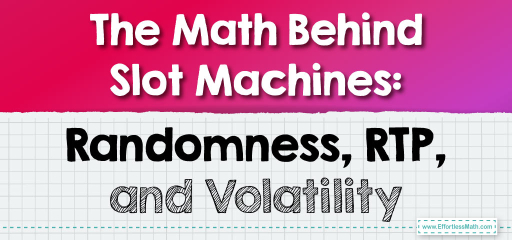
You can’t win against a slot machine. It’s not because they got some sort of secret that’s not to be found; they are made hard to break. If you are aware of what the house edge is, how the outcome is obtained, and how some characteristics might also influence the image that you see, you can play slots. With no illusion, with a clear head, and with healthy respect for the science behind every spin.
You cannot hack, time, or fool the motor of the slot machine, but you can enjoy the show if you can look at it the right way. Just know the chances and leave when the math says to, not when your instinct tells you to.
Frequently Asked Questions
How do you add and subtract mixed fractions?
Adding and subtracting mixed fractions involve a few clear steps, not unlike the strict rules that govern the randomness in slot machines. First, ensure that the fractions have a common denominator. If they do not, find the least common denominator and convert each fraction accordingly. Next, add or subtract the numerators while keeping the denominator the same. Finally, simplify the result if possible and convert it back to a mixed number if needed. This process ensures accuracy in your calculations, much like the precise algorithms that determine each spin’s outcome in a slot machine. For a more detailed guide, you might find this resource on how to add and subtract fractions useful.
What is a growing pattern?
A growing pattern in mathematics refers to a sequence where numbers or objects increase according to a specific rule or formula. In the context of slot machines, while players might think they observe a growing pattern in wins or losses, each spin is independent, driven by random number generators. This means there’s no predictable pattern or sequence in slot outcomes, emphasizing the role of randomness and probability. Understanding these concepts in everyday scenarios like slot machines can also be useful in explaining basic probability principles to students or children, helping them see the practical applications of math in real-world situations.
What is the rule for a growing pattern?
A growing pattern in mathematics refers to a sequence where each term increases according to a specific rule. In the context of slot machines, like those discussed in the post, the outcomes of each spin are independent, meaning there isn’t a predictable growing pattern in how slot results are determined. This randomness is crucial in understanding why patterns or “hot streaks” do not exist in such games. For a deep dive into understanding patterns and sequences in a more traditional math setting, you might find it helpful to read about sequences and series.
Related to This Article
More math articles
- 4th Grade NYSE Math FREE Sample Practice Questions
- The Ultimate TABE Math Course (+FREE Worksheets & Tests)
- Understanding Trigonometry: How to Calculate the Area of Triangles
- How to Master Two-Column Proofs: A Step-by-Step Tutorial
- 5th Grade K-PREP Math Worksheets: FREE & Printable
- The History of Random Number Generation: From Dice to Quantum Chips
- How to Multiply Monomials? (+FREE Worksheet!)
- How to Draw Geometric Shapes with given condition?
- Adding Decimals for 5th Grade: Align, Add, and Check
- How to Fall in Love with Math and Studying?

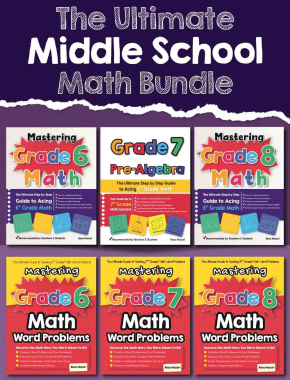
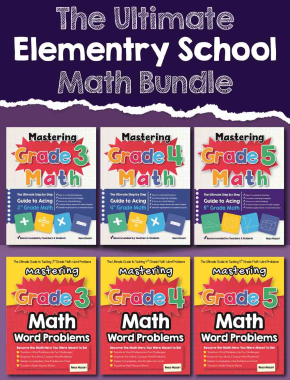
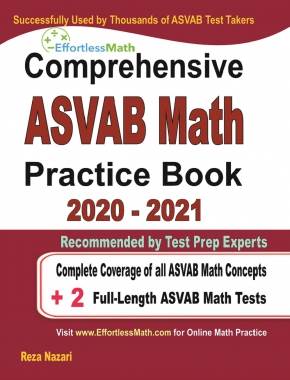
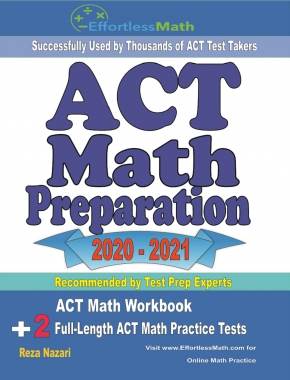
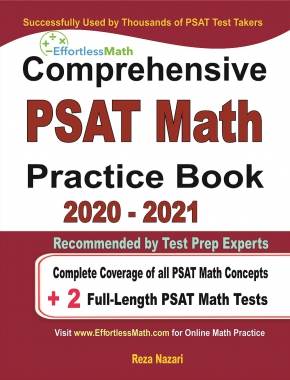
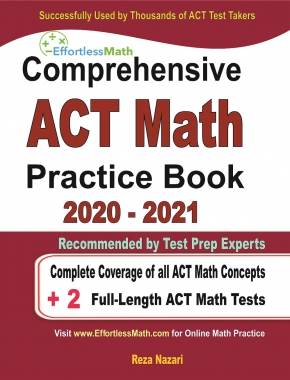
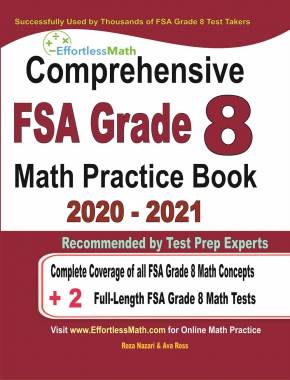
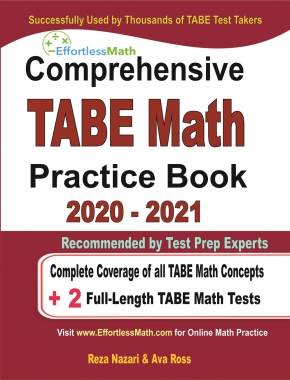
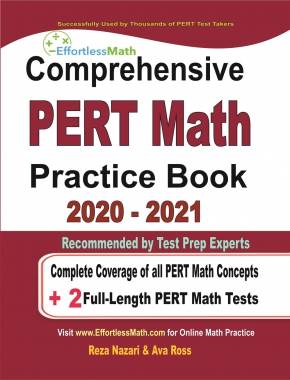
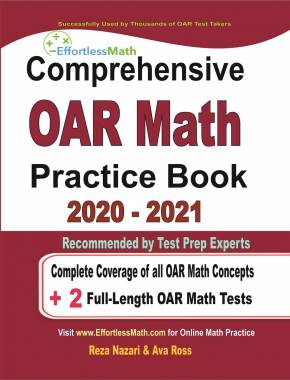
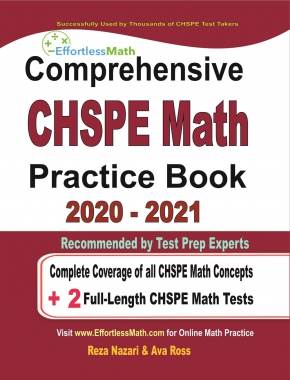
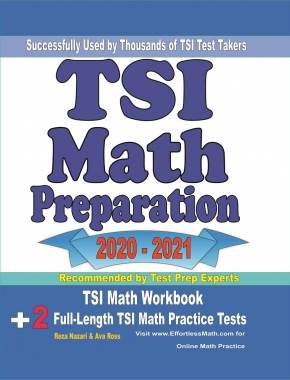
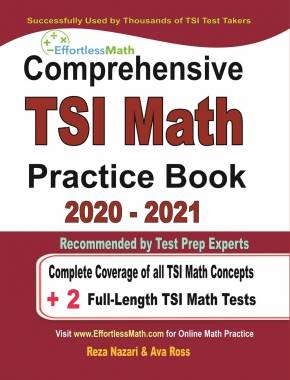
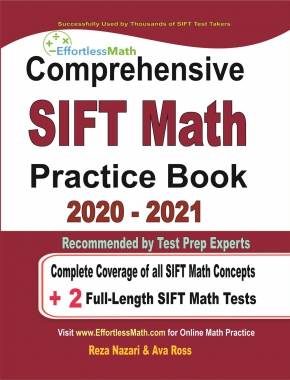
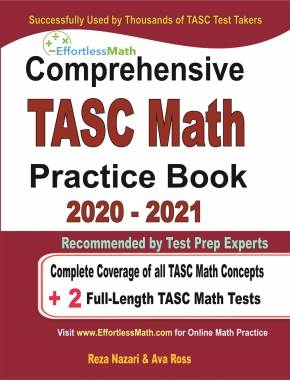
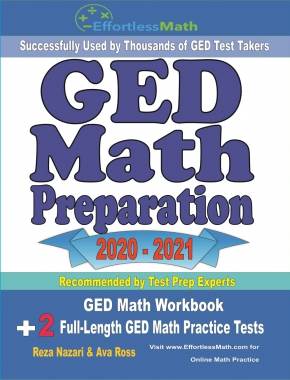
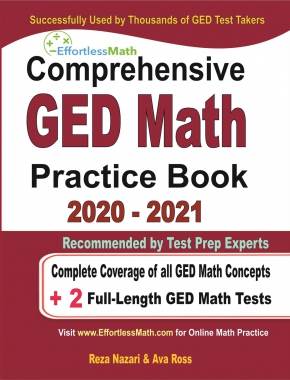


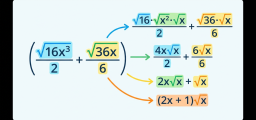
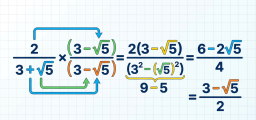
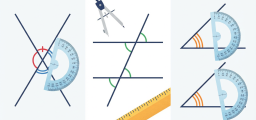

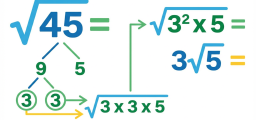
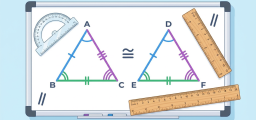










What people say about "The Math Behind Slot Machines: Randomness, RTP, and Volatility - Effortless Math: We Help Students Learn to LOVE Mathematics"?
No one replied yet.